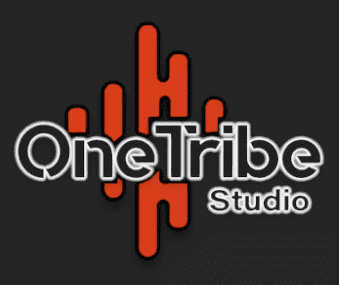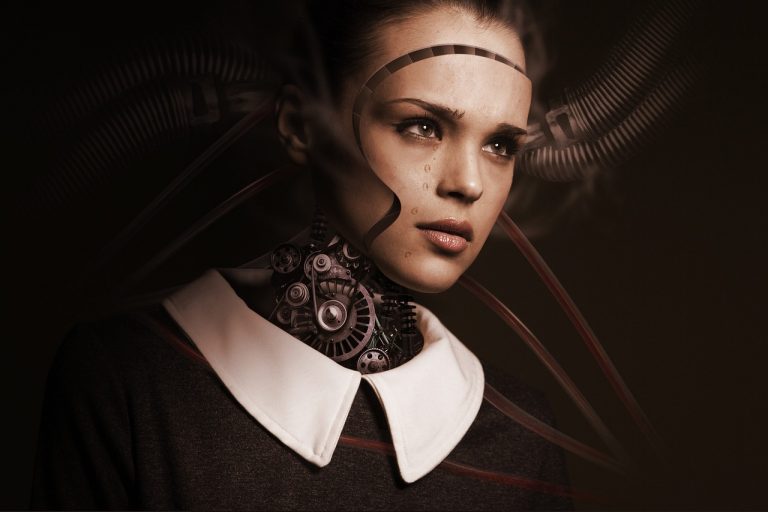AI and musical creation: Revolution or evolution?
The introduction of artificial intelligence(AI) in the field of music is a phenomenon that is profoundly transforming the way in which music is created, produced and consumed.
This technological advance is sparking a fascinating debate on its real impact: does it represent a total revolution in the process of musical creation, or is it more of a natural evolution in the ever-changing musical landscape?
AI offers new possibilities, but also raises questions about its influence on authenticity artistic and human creativity.
The advent of artificial intelligence in music is the result of decades of technological advancements in the field of music. computer science and machine learning.
This technology promises to revolutionize the way music is created and consumed, providing powerful tools for composition, production and even musical performance.
However, this advance also raises important questions about the place of humans in the creative process, as well as the ethical and social implications of using AI in music.
Foundations of AI in Music Creation
To fully understand the impact of artificial intelligence on music creation, it is essential to return to the foundations of this technology.
AI relies on complex algorithms and machine learning models that allow it to analyze musical data , recognize patterns and even generate new compositions.
In the field of music, AI is applied in different ways, ranging from automatically composing songs to music to improve mixing and mastering techniques.
These technological advances open up new possibilities for musicians and producers, but also raise questions about originality and artistic authenticity.
Exploring the foundations of artificial intelligence in music creation allows us to better understand its practical applications and its limits.
While some see AI as a revolutionary tool for stimulating creativity and exploring new musical territories, others fear that it will lead to a standardization of music and a loss of human artistic expression.
Benefits and challenges of using AI
Using artificial intelligence in music creation offers a range of potential benefits, but it is also faced with ethical challenges and concerns.
On the upside, AI can enable increased productivity by automating some tedious tasks, such as generating backing tracks or optimizing mixing and mastering.
In addition, it offers musicians and producers the opportunity to explore new musical styles and push the boundaries of creativity.
However, the use of AI in music creation also raises important questions.
Some fear that the automation of creative processes will lead to a homogenization of music , reducing artistic diversity and eroding the authenticity of musical works.
Additionally, there are ethical concerns about the impact of AI on employment in the music industry, as well as copyright protection and data privacy.
Human-AI collaboration
One of the most exciting perspectives in music creation is collaboration between humans and artificial intelligence (AI) systems.
This hybrid approach combines the creative capabilities of humans with the data processing power of AI, opening up new possibilities new creative possibilities.
In this dynamic, musicians and producers can use AI as a collaborative tool to generate musical ideas, explore new sonic horizons and refine their compositions.
This collaboration not only increases the productivity and efficiency of the creative process, but also stimulates innovation by fostering the fusion of human ideas and AI machine learning capabilities.
However, human-AI collaboration also raises questions about the role of humans in the creative process and whether how AI can affect artistic authenticity.
Some fear that AI will reduce the role of musicians to that of simple machine operators, while others see this collaboration as an opportunity to push the boundaries of musical creativity.


New horizons of musical creation
Artificial intelligence opens up exciting new horizons for music creation, providing opportunities to push boundaries of musical expression.
With AI, musicians and producers can explore new musical styles, experiment with innovative composition techniques and create unique and captivating musical works.
In addition, AI makes it possible to automate certain aspects of the music creation process, thus freeing up time and resourcesto focus on the creative and artistic side of music.
However, the introduction of AI into music creation also raises questions about the impact of this technology on the very nature of music.
Some fear that AI will lead to standardization of music by producing generic and predictable compositions, while others see this technology as an opportunity to stimulate innovation and push the boundaries of musical art.
Thus, exploring the new horizons offered by AI in musical creation allows us to better understand the challenges and opportunities which accompany this technological evolution.
Music Industry Responses
The introduction of artificial intelligence into music creation has sparked varied reactions within the music industry.
Some players see AI as an opportunity to revolutionize the industry by stimulating innovation and opening up new commercial prospects, while others fear it threatens artistic authenticity and diminishes the role of musicians and producers.
In response to these challenges, the music industry is exploring new approaches to integrating AI into the creative process while preserving the essence of human artistic expression.
Many music companies have started investing in AI projects to improve the discovery of new talents, personalize music recommendations and optimize production processes.
Additionally, collaborations between musicians and AI developers are emerging, opening new avenues to push the limits of musical creativity.
However, despite these advances, much remains to be done to fully understand the impact of AI on music industry and to develop ethical and responsible approaches to its use.
Thus, exploring the music industry’s responses to the introduction of AI provides a better understanding of the challenges and the opportunities that accompany this technological evolution.
New horizons of musical creation
Artificial intelligence opens up exciting new horizons for music creation, allowing artists to explore previously unexplored musical territories.
With AI, musicians have the opportunity to experiment with new musical styles, create unique compositions and innovative, and to explore avant-garde production techniques.
In addition, AI makes it easier to automate certain creative tasks, freeing up time and resources to focus on the artistic aspect of music.
However, the integration of AI into music creation raises important questions about the future of music and on the impact of this technology on the very nature of musical art.
Some fear that AI will lead to standardization of music by producing generic and predictable compositions, while others see this technology as an opportunity to stimulate innovation and push the boundaries of musical creativity.
Thus, exploring the new horizons offered by AI in musical creation allows you to better understand the challenges and the opportunities that accompany this technological evolution.


Ethical and social responses
Faced with the ethical and social challenges posed by the integration of artificial intelligence in musical creation, it is imperative to develop ethical and socially responsible responses.
This includes considering concerns about the impact of AI on employment in the industry musical, on artistic diversity and on the protection of copyright.
In addition, it is crucial to ensure transparency and accountability in the development and use of AI , ensuring that it is used ethically and respectful of human rights.
With this in mind, initiatives such as the creation of ethical guidelines for the use of AI in music and the engagement of stakeholders in an open dialogue on the ethical and social issues associated with this technology are essential.
By encouraging critical thinking and fostering collaboration among industry stakeholders, we can work together to ensure that the integration of AI into musical creation is done in an ethical and responsible manner, for the benefit of artistic diversity and social equity.
Conclusion
In summary, the introduction of artificial intelligence into musical creation represents a significant development that opens new horizons exciting for artists and listeners.
This technology offers opportunities to push the boundaries of musical creativity, but also raises significant ethical and social challenges.
By developing ethical and socially responsible responses and promoting critical reflection on the impact of AI on music, we can work to create a future where AI enriches and complements human artistic expression, instead of replacing it.

